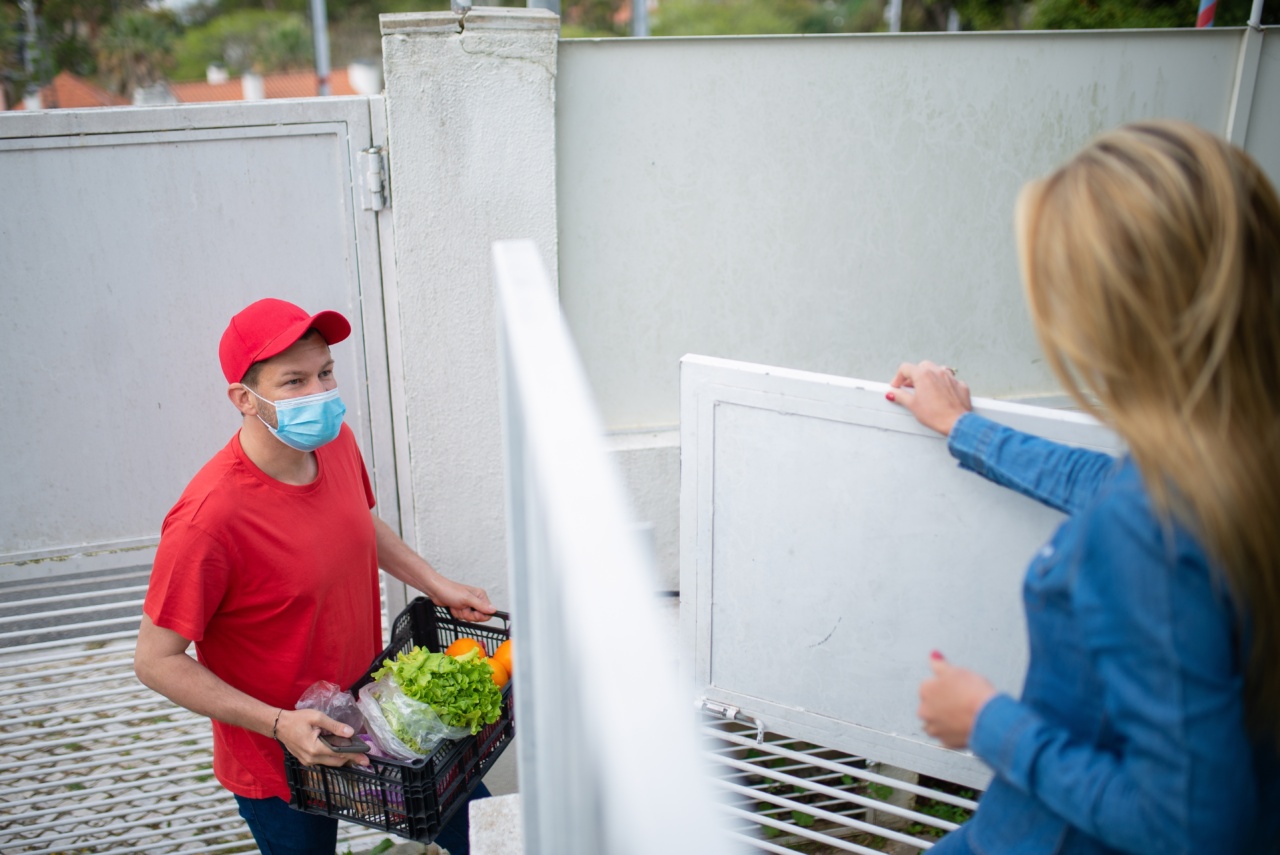Cancer is a devastating disease that affects millions of people worldwide. Despite significant advances in medical research, prevention remains the most effective strategy against this deadly disease.
One powerful weapon in the fight against cancer is the inclusion of cruciferous vegetables in our diets. These veggies, known for their distinct taste and texture, contain compounds that have shown immense potential in reducing the risk of various types of cancer.
In this article, we will delve into the science behind cruciferous vegetables and uncover why they are the secret to cancer prevention.
The Science Behind Cruciferous Veggies
Cruciferous vegetables belong to the family Brassicaceae and are characterized by their cross-shaped flowers. This family includes popular vegetables such as broccoli, kale, cauliflower, Brussels sprouts, and cabbage.
What sets cruciferous veggies apart from other vegetables is their high concentration of sulfur-containing compounds called glucosinolates.
Glucosinolates and Cancer Prevention
When we consume cruciferous vegetables, glucosinolates are broken down into biologically active compounds known as isothiocyanates. Numerous studies have demonstrated the potent anti-cancer properties of these compounds.
Isothiocyanates have been shown to inhibit the growth of cancer cells, induce cell death (apoptosis), and prevent the formation of new blood vessels that tumors rely on for their growth (angiogenesis).
Preventing Breast Cancer
Breast cancer is one of the most prevalent types of cancer among women, and its prevention is of paramount importance. Cruciferous vegetables have been extensively studied for their potential in reducing the risk of breast cancer.
Research studies have found that women who consume higher amounts of cruciferous vegetables have a lower incidence of breast cancer. The isothiocyanate compounds found in these vegetables have been shown to inhibit the growth of breast cancer cells and reduce the risk of tumor formation.
Protecting Against Colorectal Cancer
Colorectal cancer, which affects the colon or rectum, is a leading cause of cancer-related deaths worldwide. Fortunately, regular consumption of cruciferous vegetables can significantly reduce the risk of developing colorectal cancer.
Studies have shown that the isothiocyanates derived from glucosinolates in cruciferous vegetables can suppress the growth of colorectal cancer cells and inhibit tumor formation in the colon and rectum.
Cruciferous Veggies and Lung Cancer
Lung cancer is primarily caused by smoking, but non-smokers are also at risk. Incorporating cruciferous vegetables into the diet may provide protection against lung cancer.
Studies have shown that isothiocyanates can inhibit the proliferation of lung cancer cells and induce cell death. These compounds have also been found to enhance the detoxification of carcinogens found in tobacco smoke, potentially reducing the risk of lung cancer development even in smokers.
Other Benefits of Cruciferous Veggies
In addition to their cancer-fighting properties, cruciferous vegetables offer a multitude of other health benefits. They are packed with essential vitamins and minerals, such as vitamins C, E, and K, as well as folate and fiber.
These nutrients promote overall health and well-being, support a strong immune system, and contribute to healthy digestion. Cruciferous vegetables also contain antioxidants that help combat oxidative stress and inflammation, which are linked to various chronic diseases.
Incorporating Cruciferous Veggies into Your Diet
To harness the cancer-preventive benefits of cruciferous vegetables, it is important to incorporate them into your regular diet. Here are some tips to help you add more cruciferous veggies to your meals:.
- Include broccoli, cauliflower, or Brussels sprouts in your stir-fries or roasted vegetable medleys.
- Add kale or spinach to smoothies or salads for an extra nutritional punch.
- Make a flavorful cabbage slaw as a side dish.
- Try baking kale chips for a healthy and crunchy snack.
- Sauté broccoli or cauliflower and add them to pasta or grain-based dishes.
- Experiment with different recipes to discover new and delicious ways to enjoy cruciferous vegetables.
Conclusion
The inclusion of cruciferous vegetables in our diets offers a powerful strategy for preventing cancer.
The isothiocyanates derived from glucosinolates found in these veggies have demonstrated potent anti-cancer properties, protecting against breast cancer, colorectal cancer, and even lung cancer. Additionally, the numerous other health benefits provided by cruciferous vegetables make them a valuable addition to any diet.
By making a conscious effort to incorporate these vegetables into our meals, we can take a proactive approach towards reducing our risk of cancer and promoting overall well-being.































